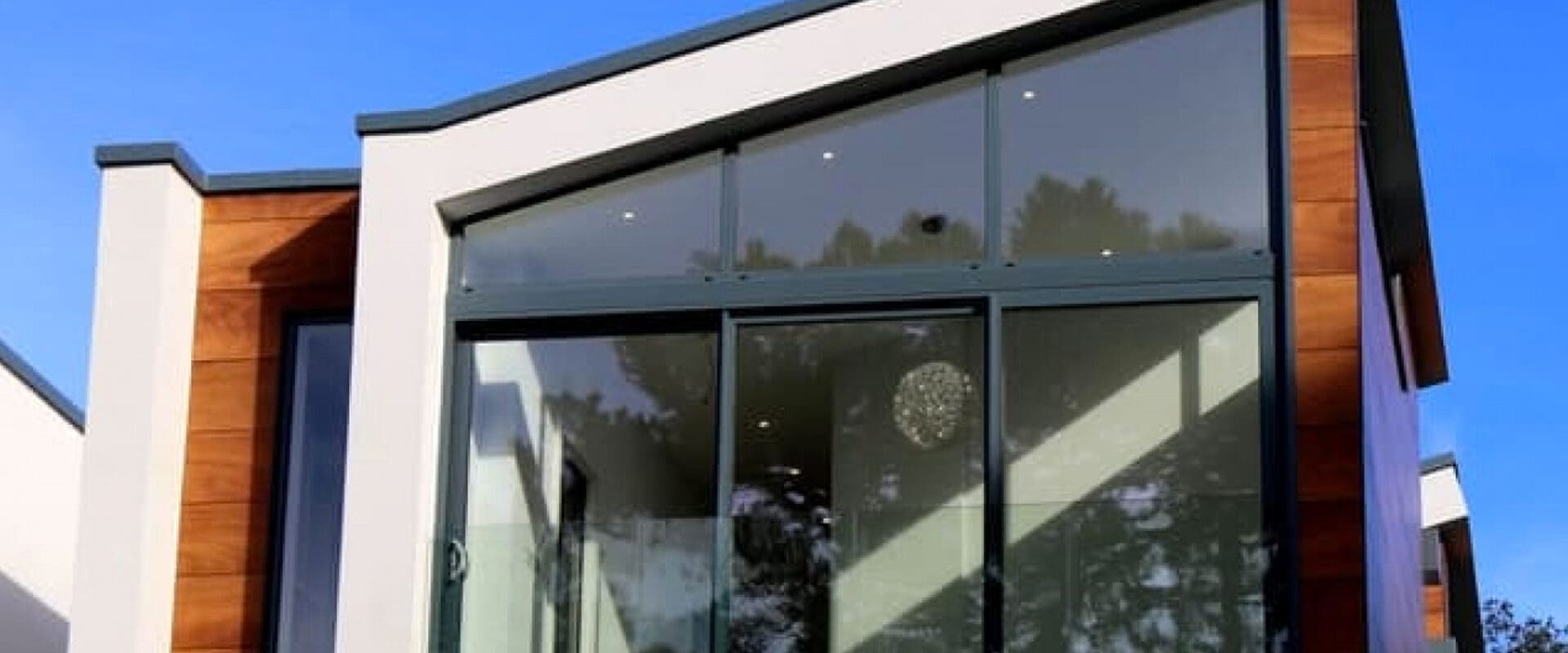Homeowners have more choice than ever before when it comes to building renovations. Windows have evolved rapidly over the years, giving property owners a myriad of contemporary options.
What are frameless windows – and are they better than normal windows?
A frameless window is exactly how it is described – a seamless glazing option which has no obvious frame around the perimeter. As a new design phenomenon, frameless glass panels are used for balconies, shower screens, glass doors and bespoke conservatory windows. Frameless glazing allows you to create a ‘wall of glass’ if that’s the effect you want, and as fixing and joins are kept to a minimum it provides the perfect, unspoilt view.
In terms of practicality, frameless windows are equal to any windows purchased from a glazing specialist. They are as safe, sturdy and energy efficient, with some frameless glazing offering extra thermal benefits. All windows and walls have to meet strict building regulation standards to conserve energy, so frameless windows will be assessed for its U value just as any other window would be.
Benefits of frameless windows
Seamless glazing has a range of advantages, the first being the supreme stylistic feature it can create. Frameless windows let the optimum amount of light into a room, and provide a chic contemporary element to a building. Aside from the aesthetic appeal, frameless windows are simple and super-fast to install so homeowners can enjoy minimum disruption and lower install fees. Most people choose frameless windows because they complement the design of their home, however installing more glass can also have energy saving benefits. Seamless glazing is often used in commercial buildings because it gives an open feel and provides maximum light.
Benefits of traditional framed windows
Double glazed windows are a fantastic option for the majority of residential buildings, and there is a lot more choice compared to frameless windows. Homeowners can choose the style of glass, the shape and design of the window and the material of the frame itself. It’s still possible to get the contemporary look with aluminium windows which have thinner frames. Aluminium windows are resilient and durable, but also allow for a larger pane of glass to let in as much light as possible. Alternatively, other properties will suit timber windows and UPVC windows which still offer energy efficiency and a unique style.
There is no winner here – both type of windows are excellent quality and the choice will depend on the architectural style of your home.



